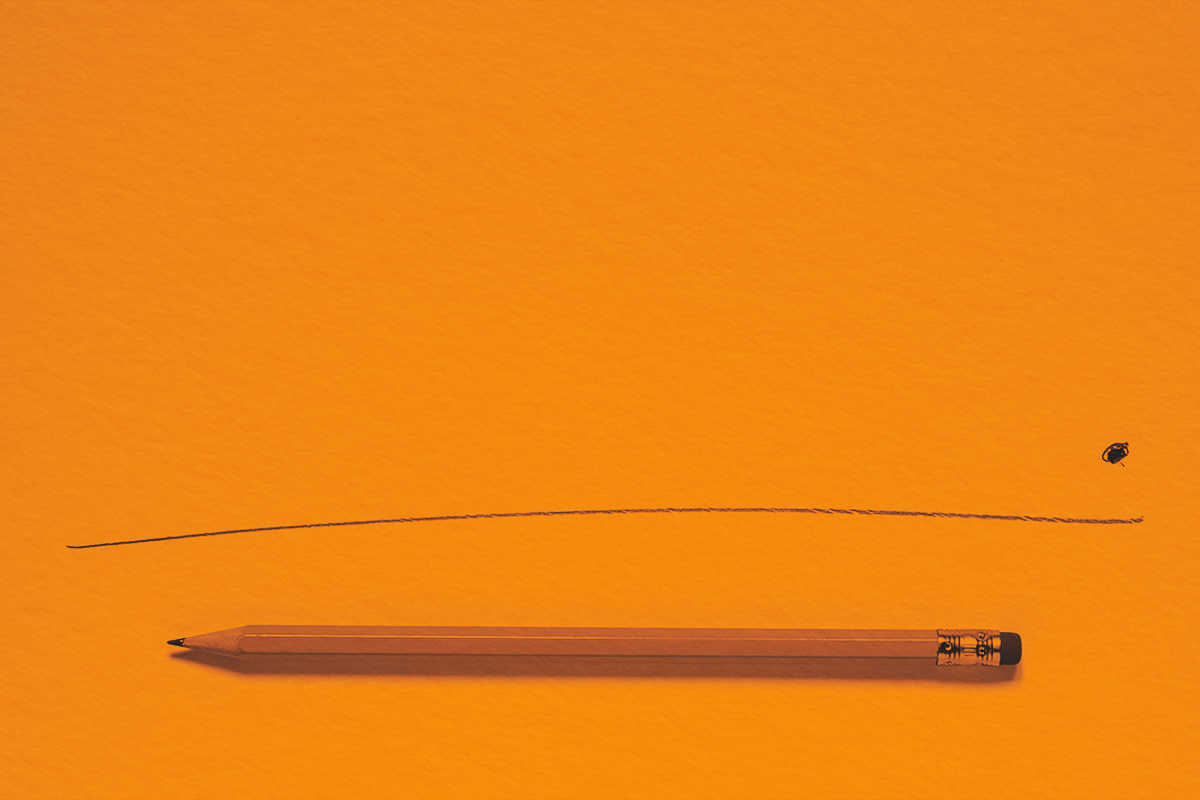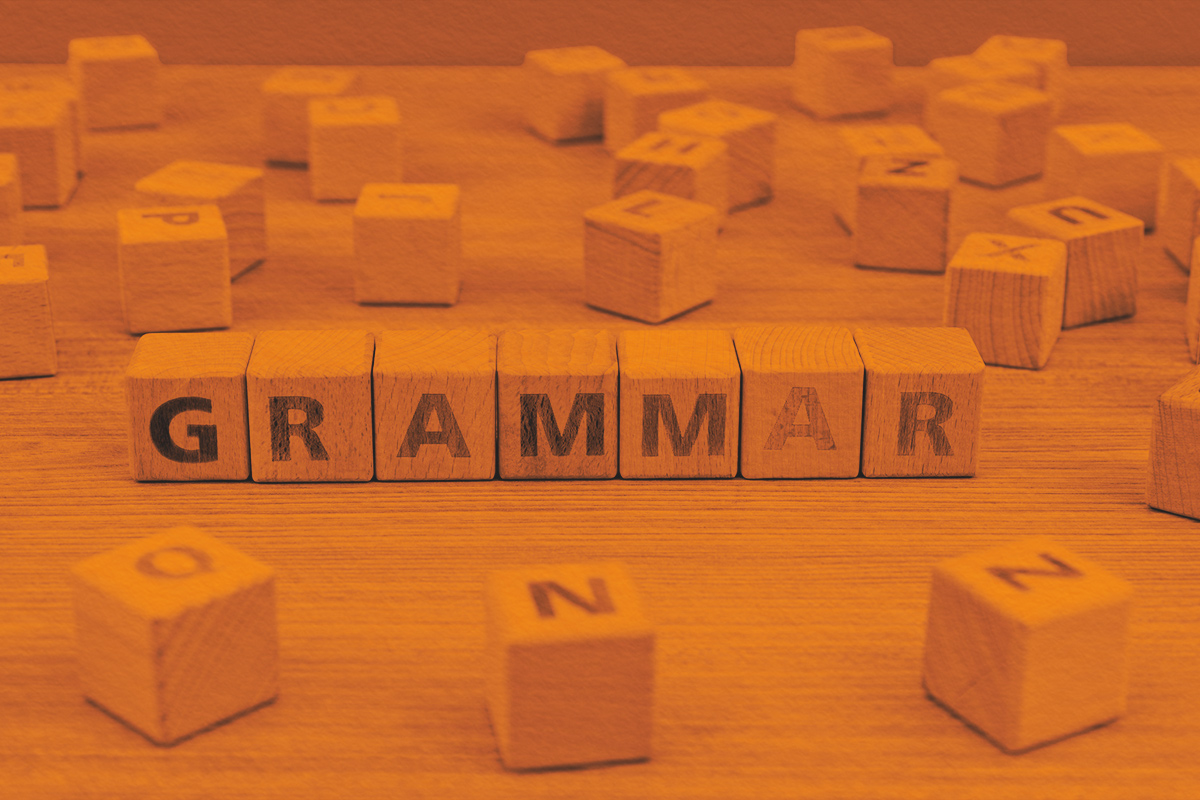
Shakespeare once wrote, “Like as the waves make towards the pebbled shore, so do our minutes hasten to their end.” This line highlights a common confusion: the distinction between “toward” and “towards.” While Shakespeare used the latter preposition in his sonnet, I’ll stick with “toward.”
The right choice depends on whether you’re using American English, which prefers “toward,” or British English, which favors “towards.” Both terms are prepositions meaning “in the direction of,” and the “s,” or lack thereof, doesn’t change the definition. These variants have coexisted for centuries, originating from the Old English spellings “toweard” and “toweards.” The difference in spelling is one of many distinctions between British and American English dialects.
And the phenomenon isn’t unique to “toward.” Other directional words from Old English (typically adverbs) ending in “-ward” follow the same pattern: “forward,” “backward,” “upward,” “downward,” “inward,” “outward,” “onward,” and “afterward.” All of these often appear with an ending “s” in British English. That “s” stems from an old grammatical construct called the adverbial genitive, used in Old and Middle English to transform words into adverbs.
During the 19th century, the additional “s” at the end of directionals fell to the wayside in the U.S., partly thanks to Noah Webster (of dictionary fame), who labeled “forwards” as a corruption in his seminal 1828 dictionary. Other American grammarians agreed. In Good English (1870), Edward S. Gould called “towards” an “ignorant usage.”
Given these strong sentiments, it’s no surprise that “towards” declined in American usage during the mid-19th century, while “toward” steadily rose. In British English, “towards” remains dominant, though “toward” has also gained popularity, especially since 2000.
So, which should you use? It depends on your audience. American readers and style guides (including Chicago and AP) favor the form without the “s,” as in “toward.” But if you’re writing for an international audience — or copying Shakespeare — feel free to use “towards.”

















